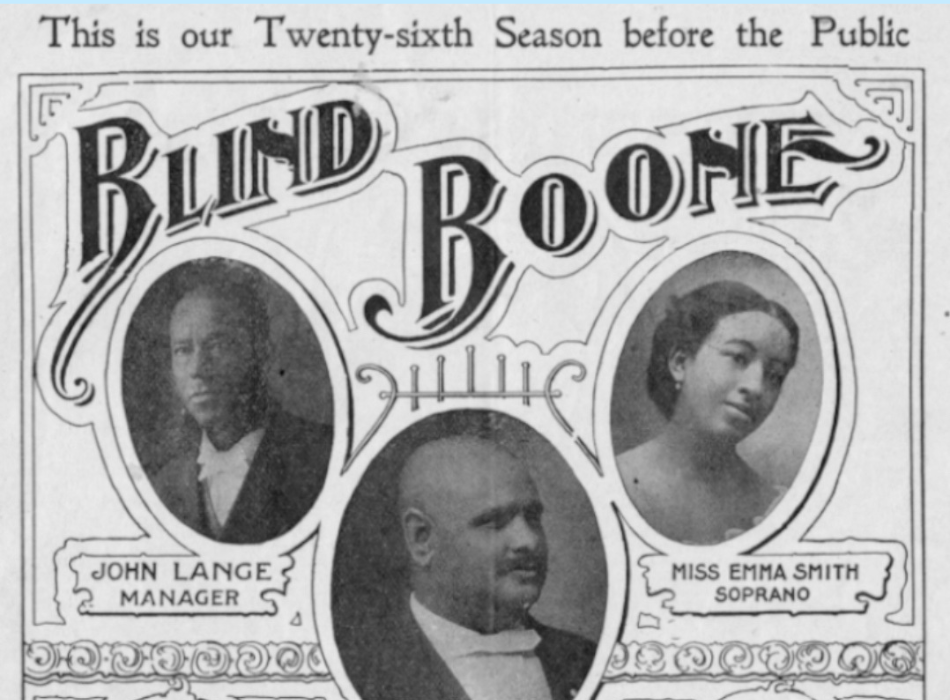by Gwen Marshall,
UniteNews Contributing Writer
Every February, people in the United States celebrate the achievements and history of African Americans as part of Black History Month.
Black History Month honors all Black people from all periods of U.S. history, from the early 17th century to African Americans living in the United States today.
In 1915, in response to the lack of information on the accomplishments of Black people available to the public, historian Carter G. Woodson co-founded the Association for the Study of Negro Life and History. In 1926, the group declared the second week of February as “Negro History Week” to recognize the contributions of African Americans to U.S. History.
The date for Black History week was chosen because it includes the birthdays of both Frederick Douglass, an abolitionist (someone who wanted to end the practice of enslaving people), and former U.S. president Abraham Lincoln.
In 1986, Congress passed Public Law 99-244, which designated February 1986 as “National Black (Afro-American) History Month.” This law noted that February 1, 1986 would “mark the beginning of the sixtieth annual public and private salute to Black History.” The law further directed the president to issue a proclamation.
It is important to note that since the first Negro History Week in 1926 other countries around the world, including Canada, the United Kingdom, Germany, and the Netherlands have joined the United States in celebrating Black History Month.
Among the notable figures often spotlighted during Black History Month are Dr. Martin Luther King, Jr., who fought for equal rights for Blacks during the 1950s and ’60s; Thurgood Marshall, the first African-American justice appointed to the United States Supreme Court in 1967; Mae Jemison, who became the first female African-American astronaut to travel to space in 1992; and Barack Obama, who was elected the first-ever African-American president of the United States in 2008. Victor J. Glover Jr. was the first Black astronaut to live and work on the International Space Station for an extended period in 2020, Vice President Kamala Harris, the first person of South Asian & African American descent and woman to become Vice President of the United States in 2020, Dr. Kizzmekia S. Corbett, lead scientist on the Moderna Covid-19 vaccine team in 2023, and a countless number of others that have made tremendous sacrifices for liberty and justice for all.
I would like to recommend that during Black History Month and throughout the year the discussion of Black people and their contributions be continued by activities such as visiting museum exhibits, encouraging the study of achievements by African Americans, learning about Black inventors and authors, watching videos about Civil Rights, and other related topics.
Black History Month gives us the opportunity to reflect on the past and present, as well as an opportunity to show gratitude and honor to our ancestors, and the fruits of their labors. Black history is American history. Therefore, in the words of James Weldon Johnson’s Lift Every Voice and Sing “Let us march on till victory is won.”





